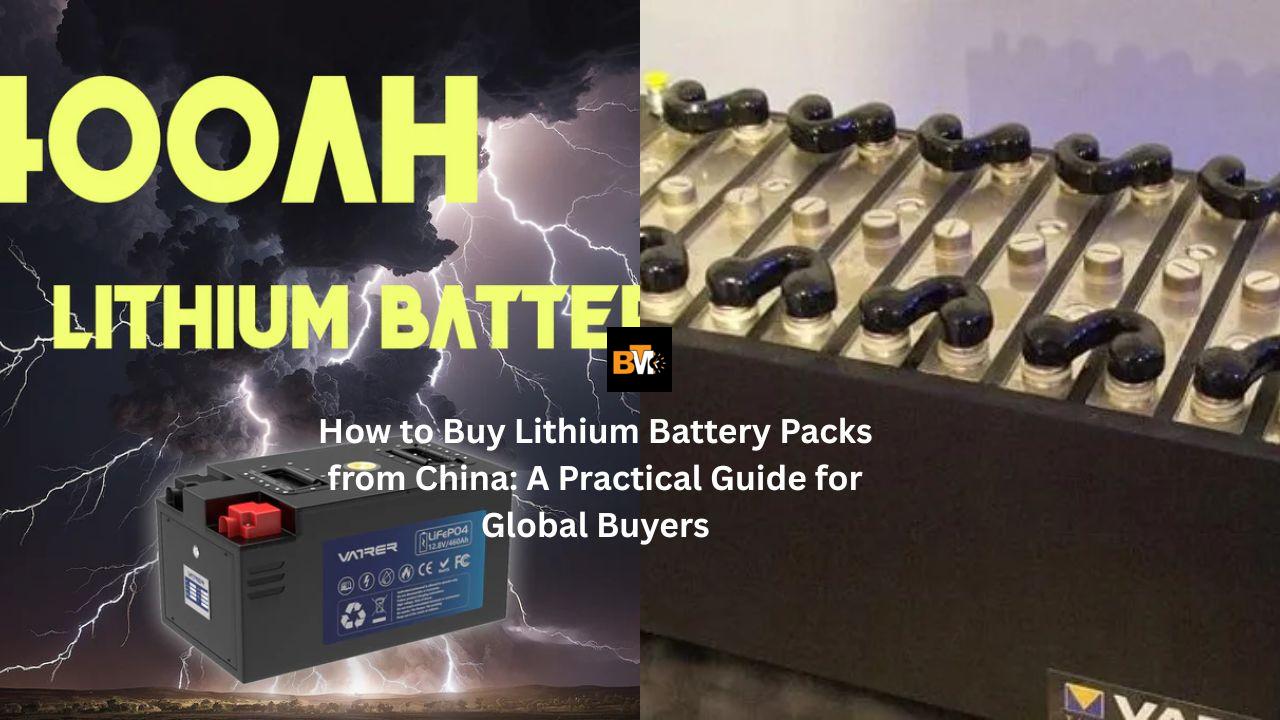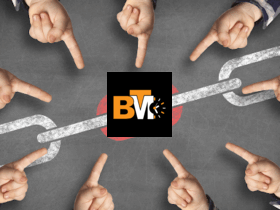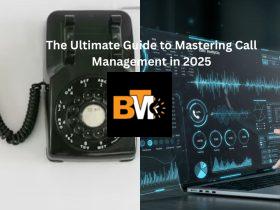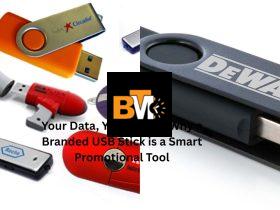China has become the global center for lithium battery pack manufacturing, supplying millions of units each year to industries ranging from e-bikes and solar energy to medical devices and industrial automation. However, for international buyers, sourcing reliable battery packs from China requires more than just finding a low price — it’s about quality assurance, compliance, and long-term support.
Here’s a practical guide on how to purchase lithium battery packs safely and efficiently from China.
1. Understand What You Need
Before reaching out to suppliers, clearly define your technical requirements:
- Voltage and Capacity: For example, 12V, 24V, 48V, or custom configurations like 7.4V or 60V.
- Battery Type: Lithium-ion, LiFePO4, or lithium polymer (LiPo).
- Discharge Rate (C-Rate): Determines how fast current can be drawn safely.
- Dimensions & Weight: Especially important for portable or embedded devices.
- Certifications: Look for UN38.3, CE, RoHS, MSDS, and IEC62133 compliance for international shipping and safety.
Having a clear specification helps Chinese manufacturers recommend the right cells, BMS (Battery Management System), and casing options.
2. Find Reliable Manufacturers, Not Just Traders
China has thousands of suppliers — but not all of them are actual battery pack manufacturers. To ensure stable quality, look for companies that:
- Have their own assembly and testing lines.
- Offer OEM/ODM customization services.
- Provide transparent factory photos, equipment lists, or certification files.
- Are willing to share sample reports or performance testing data.
You can start by checking industrial platforms such as Alibaba, Made-in-China, or Global Sources — but always verify factory identity before placing bulk orders.
3. Ask for Samples and Testing Data
Never skip the sample stage. Order a few customized lithium battery pack samples before large-scale production.
Ask for:
- Voltage and capacity test reports
- Cycle life and discharge curve data
- BMS performance overview (overcharge, short circuit protection, etc.)
A professional factory will provide detailed documentation and may even show live testing videos to prove their manufacturing quality.
4. Confirm Packaging, Shipping, and Certifications
Lithium batteries are classified as dangerous goods during transport. Make sure your supplier can handle compliant packaging and documentation.
- Require UN38.3 test reports for international air shipping.
- Request MSDS and safe transport certifications.
- Ask about packaging standards (foam, anti-static bags, metal or fiberboard boxes).
Choosing a supplier familiar with export procedures reduces customs risks and shipping delays.
5. Negotiate Pricing and MOQ Wisely
Don’t just compare prices — compare energy density, materials, and warranty policies. A slightly higher price may reflect genuine Samsung, Panasonic, or CATL cells instead of generic brands.
Typical bulk MOQ (minimum order quantity) starts from 10–50 units for standard packs, and 100+ units for customized solutions.
6. Ensure After-Sales Support
Reliable manufacturers provide post-delivery technical support, replacement policies, and performance follow-up. For industrial or OEM projects, request a one-year warranty and ensure the supplier can provide spare parts (like BMS or connector replacements).
7. Recommended Approach
If this is your first time importing from China, it’s best to:
- Start with one or two sample models for testing.
- Use secure payment methods (Alibaba Trade Assurance, PayPal for samples, or bank transfer for bulk).
- Keep documentation of all testing and certifications for customs clearance.
Final Thoughts
Buying lithium battery packs from China is a great opportunity to access high-performance energy solutions at competitive prices — but success depends on careful selection, testing, and communication.
Whether you’re sourcing for electric vehicles, solar systems, or portable electronics, working with a verified manufacturer ensures both safety and long-term value.







Leave a Reply